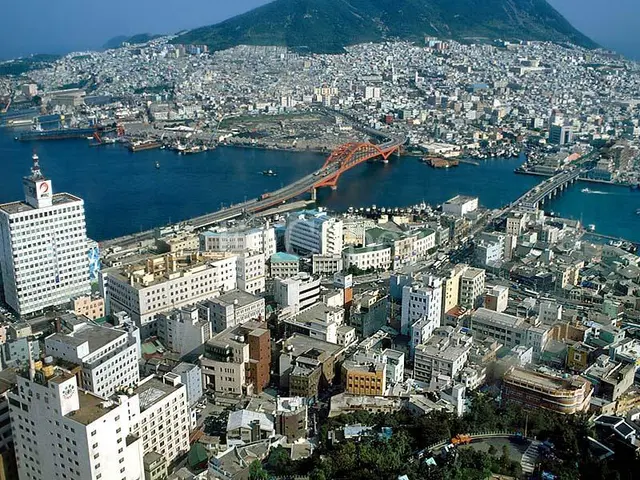The eastern Chinese city of Hangzhou, host of next year's Group of Twenty (G20) summit, is ready to enchant world's leaders with its idyllic beauty and rich cultural heritage.
While addressing a working lunch on Monday at the recently concluded 10th G20 summit in Turkey, President Xi Jinping announced that China will host the 2016 G20 summit in Hangzhou, Zhejiang Province, on Sept. 4-5.
Xi cited the old Chinese saying "Heaven above, Suzhou and Hangzhou below" which dotes on the city's scenic beauty.
Hangzhou is both a famous historical and cultural city as well as a hub of innovation and vitality. The 2016 summit will demonstrate a unique charm featuring a fusion of history and reality, Xi said.
Hangzhou resident Yu Yan was thrilled upon the news. "Last night my friends were forwarding the information on social networks such as Wechat and Weibo. It is so exciting to know that the city I have lived in for so many years will host such a high-level meeting."
Sitting on China's affluent east coast, the ancient capital city boasts a history of over 2,000 years. Best known for its scenic West Lake, Hangzhou has been a favored tourist destination throughout history with natural beauty and culture. Its been immortalized by poets and artists and was appointed "the most splendid city in the world" by Marco Polo eight centuries ago.
Beside picturesque scenery, Hangzhou and Zhejiang Province are also an exemplary place to see modern China, as its robust privately owned businesses have been a bell-weather for China's private economy.
Since ancient times, Zhejiang people have been well-known for their business instinct and spirit of adventure. The entrepreneurial legacy has bred a series of modern day business legends there.
As the birthplace of Jack Ma and his e-commerce empire Alibaba, Hangzhou has been dubbed China's "e-commerce capital." It is estimated that the city, with a population of nearly 8.9 million, has about 120,000 software developers and hundreds of thousands of young entrepreneurs, many of whom are doing Internet-related business.
"Dream Town" is a cluster of new Internet-based firms. Zhou Kunpeng, in his 20s, set up an online platform selling foods and daily necessities to college students last year. His business has spread to more than 1,800 universities in 167 Chinese cities.
"The entrepreneurial environment here is good. As long as you have great ideas and teams, it is easy to find investment and market," Zhou said.
Meanwhile, the city is also pioneering an upgrade of traditional manufacturing. Zong Qinghou, the billionaire beverage tycoon of Hangzhou Wahaha Group, said, as the leading drinks maker in China the company is always exploring new technology and plans to acquire a robotics companies to further sharpen its competitive edge.
Zhejiang ranked fourth among the 31 provincial-level regions on the Chinese mainland in terms of GDP in 2014. Hangzhou has seen its GDP exceeding 449.8 billion yuan (over 70 billion U. S. dollars) during the first half of this year, registering an annual growth of 10.3 percent, ranking it first among cities in the well-off Yangtze River delta.
Zhang Handong, head of Zhejiang Academy of Commerce, said the G20 will be a golden opportunity for Hangzhou to further boost its development. "The summit will make Hangzhou better known to the international community, which may bring more overseas investment to the city."
He also suggested Hangzhou strengthen its efforts on environmental protection and infrastructure improvement when preparing for the event.
 简体中文
简体中文

